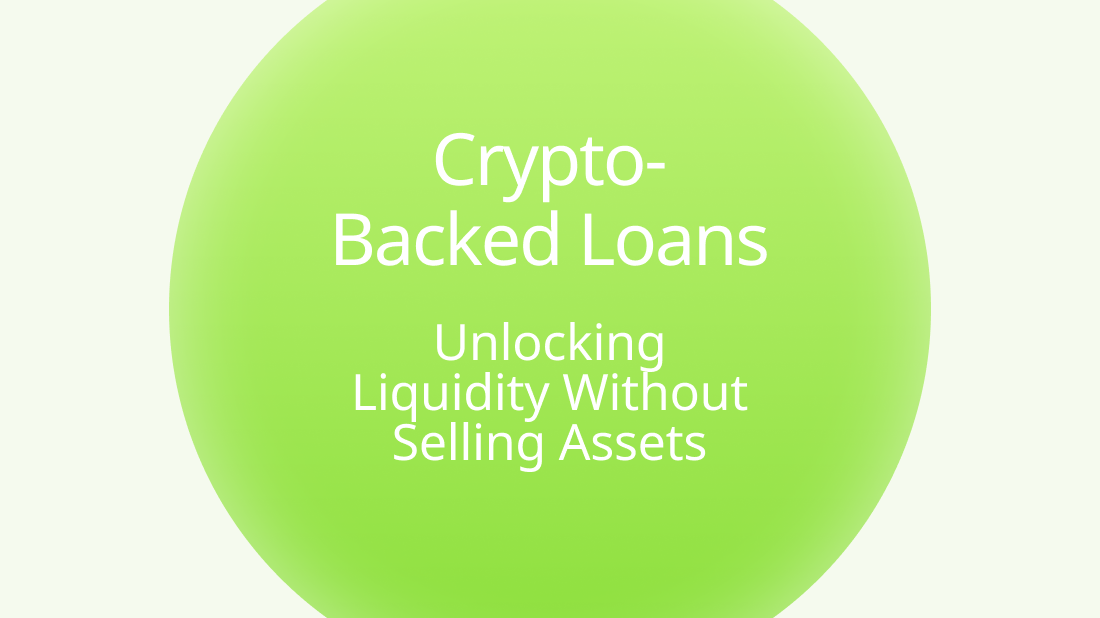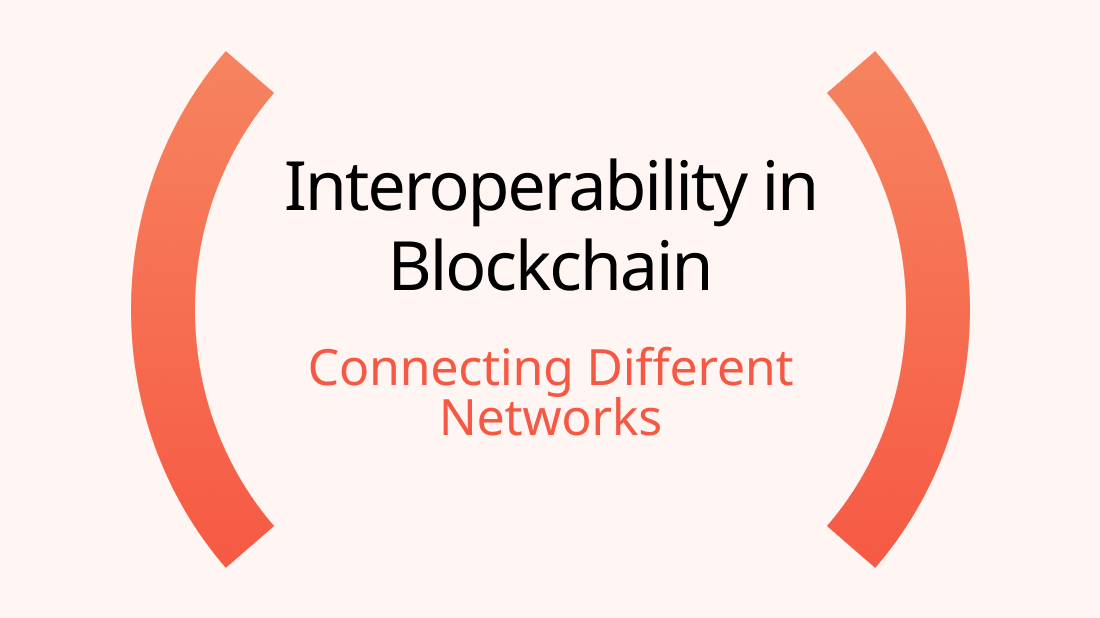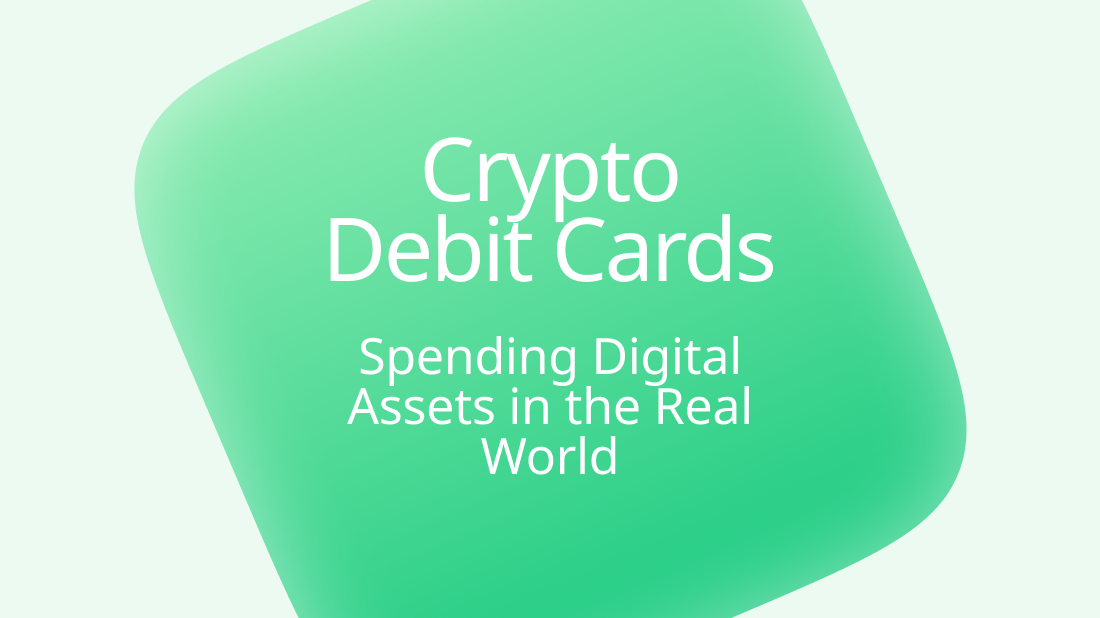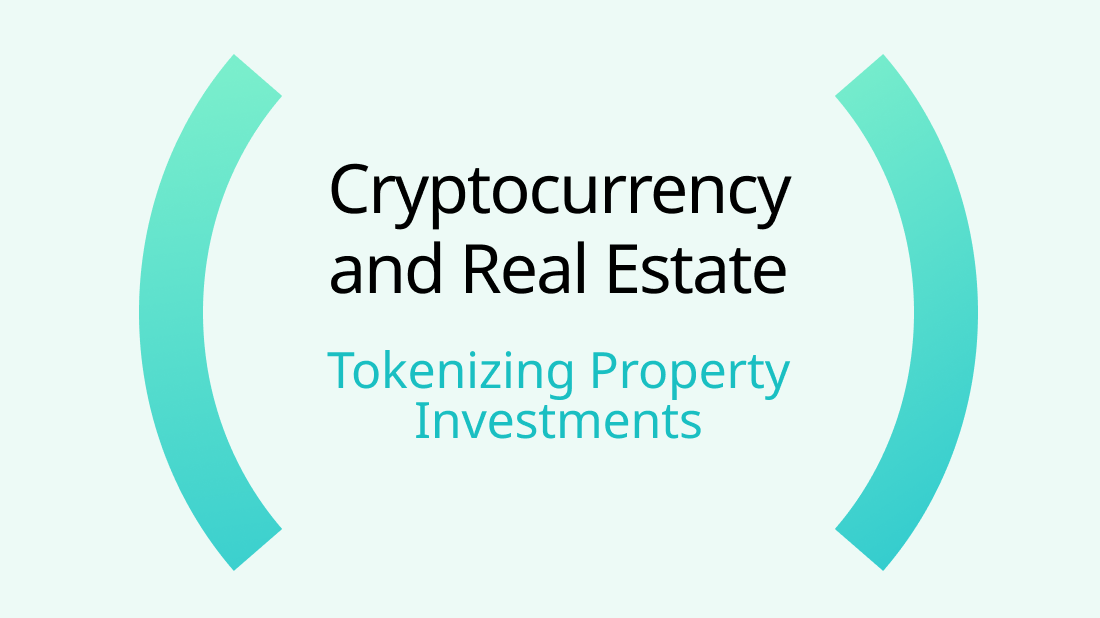Crypto Community Banking: Building Financial Resilience Together
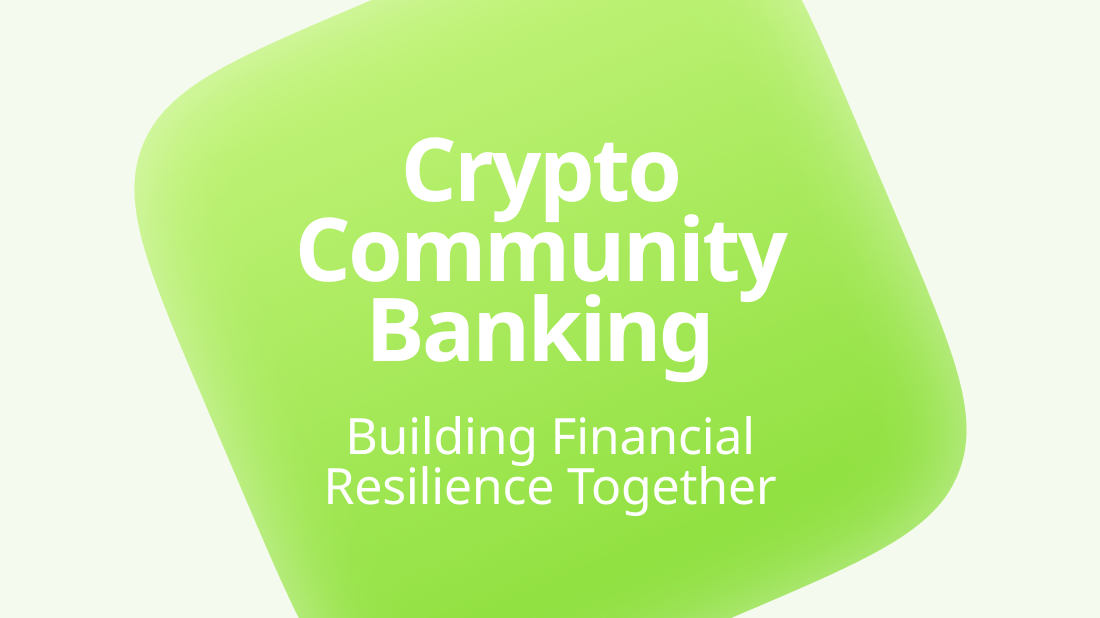
In recent years, the concept of community banking has undergone a transformation, thanks to the rise of cryptocurrencies and decentralized finance (DeFi). Crypto community banking initiatives have emerged as powerful tools for empowering communities to take control of their financial destinies. Through decentralized networks and community-driven governance, these initiatives are redefining the way financial services are accessed and managed. In this article, we'll explore the phenomenon of crypto community banking and its implications for building financial resilience together.
Understanding Crypto Community Banking
DeFi refers to the ecosystem of financial applications and services built on blockchain technology. At its core, DeFi seeks to eliminate the need for traditional intermediaries, such as banks, by enabling peer-to-peer transactions and financial services.
Crypto community banking takes the principles of DeFi a step further by putting control directly into the hands of the community. Instead of relying on centralized institutions, communities come together to create and manage their own financial infrastructure, including lending, borrowing, saving, and investing.
At the heart of crypto community banking is the idea of grassroots banking, where financial services are designed by and for the community. This approach fosters trust, transparency, and inclusivity, empowering individuals to participate in the financial system regardless of their background or location.
Examples of Crypto Community Banking Initiatives
Decentralized Autonomous Organizations (DAOs)
DAOs are organizations governed by smart contracts on the blockchain, where decision-making power is distributed among members. DAOs can pool funds, vote on proposals, and execute actions autonomously, making them ideal vehicles for community-driven financial services.
Community-Led Lending Platforms
Crypto lending platforms like Aave and Compound allow users to borrow and lend digital assets without the need for intermediaries. These platforms are governed by community votes, ensuring that decisions are made in the best interest of the users.
Community Savings and Investment Pools
Some crypto community banking initiatives focus on pooling resources for collective savings and investment purposes. These pools enable community members to access capital for projects, emergencies, or other financial needs, fostering a culture of mutual support and collaboration.
Benefits of Crypto Community Banking
- Financial Inclusion
By removing barriers to entry and providing access to financial services for underserved populations, crypto community banking promotes financial inclusion on a global scale.
- Empowerment
Crypto community banking empowers individuals to take control of their financial lives and participate actively in shaping the future of finance.
- Resilience
Community-driven financial services are inherently more resilient to systemic risks, such as bank failures or economic downturns, as they are not dependent on centralized institutions.
Challenges and Considerations
- Regulatory Uncertainty
The regulatory landscape surrounding DeFi and crypto community banking is still evolving, presenting challenges and uncertainties for participants and projects.
- Security Risks
As with any emerging technology, there are security risks associated with crypto community banking, including smart contract vulnerabilities and hacking attempts.
- Education and Awareness
Promoting education and awareness about crypto community banking is essential to ensure that users understand the risks and benefits and can make informed decisions.
Conclusion
Crypto community banking represents a paradigm shift in the way financial services are accessed and managed. By harnessing the power of decentralized networks and community-driven governance, these initiatives are empowering individuals and communities to build financial resilience together. As the crypto ecosystem continues to evolve, crypto community banking has the potential to drive positive social and economic change, fostering financial inclusion, empowerment, and resilience on a global scale.



